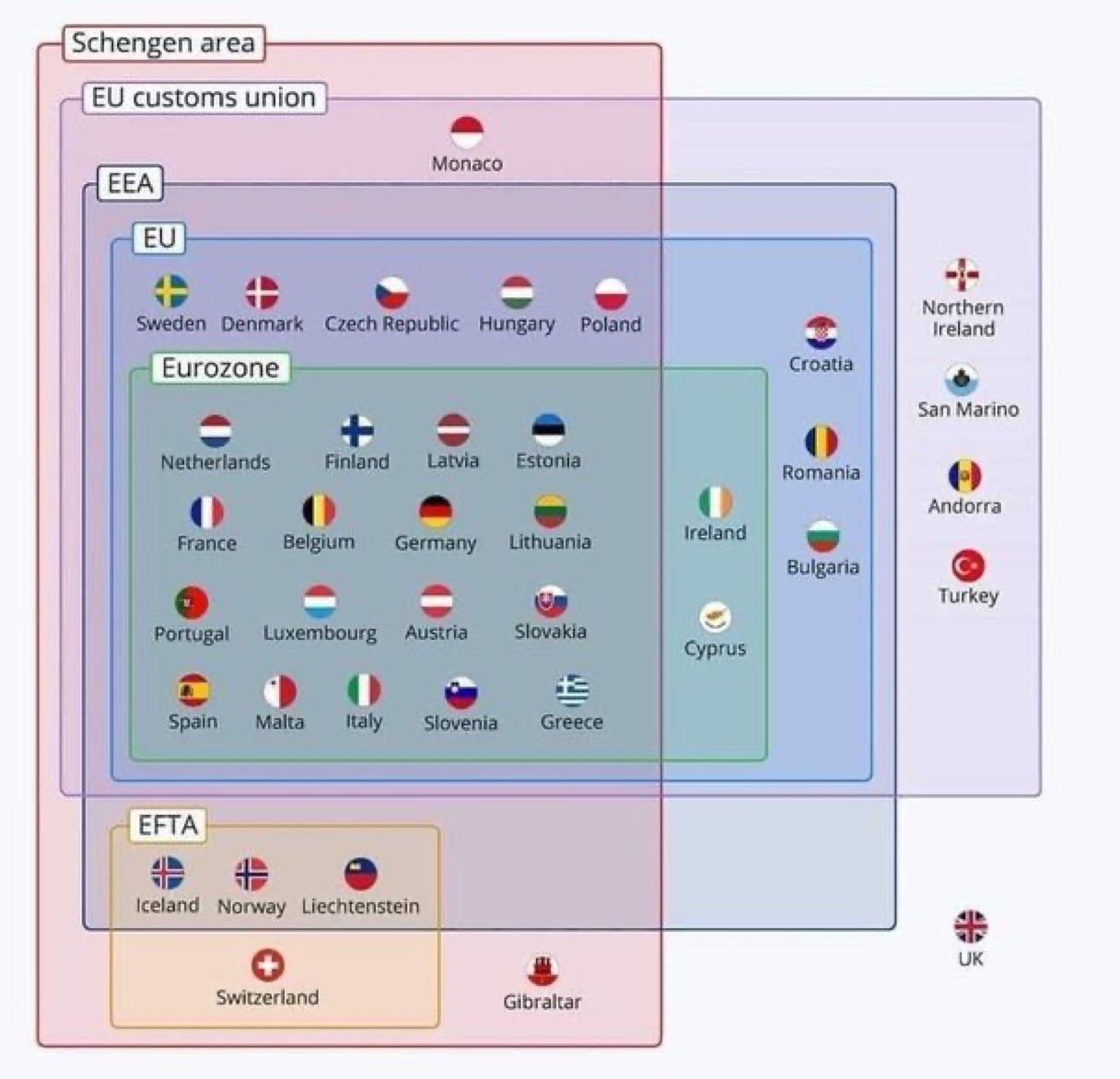Introduction to GDPR
A comprehensive guide to GDPR for online professionals. Understand its scope, penalties for non-compliance, and why it's crucial for your business.

The General Data Protection Regulation (GDPR) is a landmark regulation enacted by the European Union to govern data protection and privacy. Implemented on May 25, 2018, this comprehensive law aims to give individuals greater control over their personal data while standardizing data protection laws across EU member states. For the online profession, this means a new paradigm of responsibilities and obligations concerning data collection, storage, and processing.
Understanding GDPR is crucial for anyone involved in the online business, from web strategists and marketers to e-commerce owners. Non-compliance isn't an option; it can result in severe financial penalties and reputational damage. This guide will delve into the consequences of ignoring GDPR, its geographical scope, and what it means for businesses globally.
What is GDPR and What Does It Mean for the Online Profession?
GDPR stands for General Data Protection Regulation, a comprehensive legal framework that aims to protect the privacy and personal data of individuals within the European Union (EU) and the European Economic Area (EEA). The regulation touches on various aspects of data management, including data collection, storage, processing, and sharing.
For professionals in the online sector, GDPR has several implications:
- Data Collection: Clear consent is required for collecting personal data. This affects online forms, lead magnets, and any tool or method used for data gathering.
- Data Storage: Businesses are expected to store data securely and are accountable for any breaches. This impacts how data is encrypted and stored.
- Data Processing: Professionals must have a clear understanding of why and how data is processed, ensuring it aligns with the consent provided by the individual.
- Data Sharing: Sharing data with third parties is subject to stringent guidelines, affecting partnerships and vendor relationships.
- Transparency: Organizations are required to be open about their data usage policies, often necessitating clear privacy policies and consent forms.
- Accountability: Regular data audits may be necessary to ensure ongoing compliance, affecting operational processes and potential resource allocation.
Understanding and complying with these aspects are crucial for any online business, not only to avoid penalties but also to build trust and credibility with your audience.
What Happens if You Ignore GDPR?
Ignoring GDPR is not an option any responsible business should consider. Non-compliance could subject companies to a range of enforcement actions, including substantial financial penalties. Under GDPR, businesses can face fines of up to 4% of their annual global turnover or €20 million, whichever is higher. These fines apply to serious violations such as processing data without sufficient customer consent or other core GDPR breaches.
Moreover, it's not just the financial penalties that you should worry about. Non-compliance can also result in significant reputational damage. Trust is hard to gain but easy to lose. Failing to comply with GDPR can erode customer trust, putting your business at a competitive disadvantage.
To avoid these pitfalls, businesses must take proactive steps to protect personal data. This involves implementing technical and organizational measures, such as conducting regular data protection impact assessments and training employees on data protection practices.
Where Does GDPR Apply?
The reach of GDPR extends far beyond the borders of the EU and the EEA. Any company that processes the personal data of EU citizens must comply with GDPR, irrespective of its geographical location. This means that even if your company is based outside the EU, you are still required to comply with GDPR when dealing with EU citizens.
Additionally, the GDPR applies to companies offering goods or services to EU citizens, even if those companies are not based within the EU. For instance, a US-based e-commerce site selling to EU customers must also be GDPR compliant.
EU vs. EEA: What's the Difference?
Understanding the difference between the EU and the EEA can help clarify the scope of GDPR. The EU is a political and economic union comprising 27 member states primarily located in Europe. The EEA, on the other hand, includes EU member states as well as three European Free Trade Association (EFTA) countries: Iceland, Liechtenstein, and Norway. Both regions are part of a single market allowing free movement of goods, services, people, and capital.

In summary, the GDPR is applicable to both the EU and the EEA, making it essential for companies operating in or targeting these regions to be compliant.
Also read: Lead Magnets and GDPR



